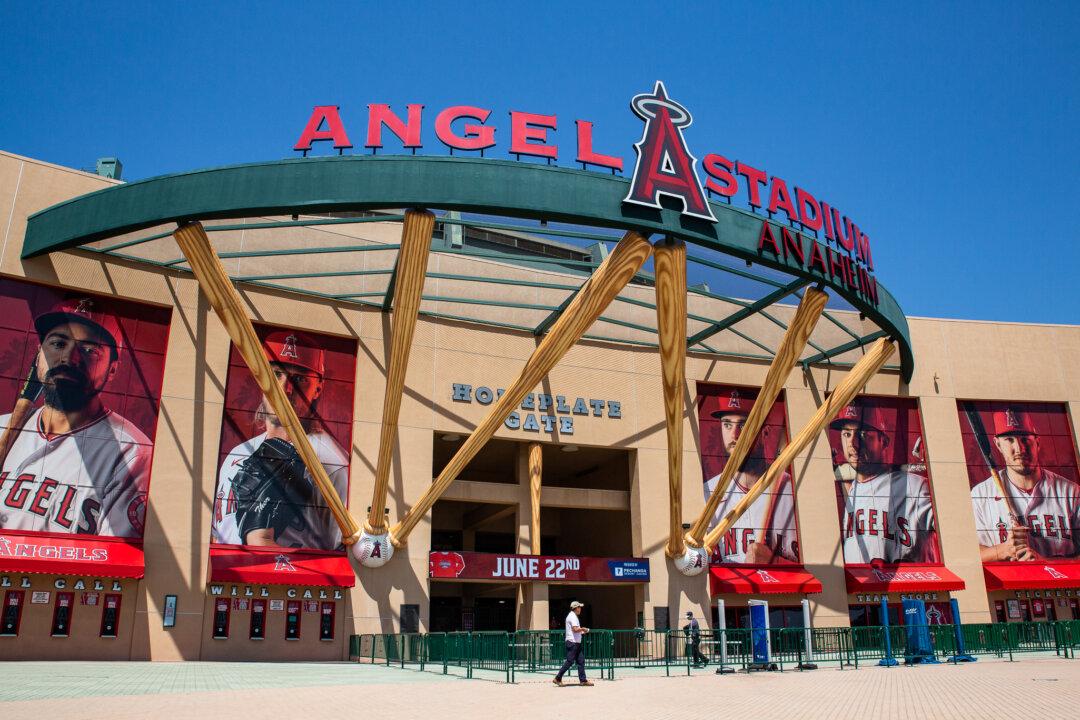California’s Joint Legislative Audit Committee approved a request to conduct an emergency audit of the city of Anaheim and its lease and sale negotiations with the Los Angeles Angels baseball team for Angel Stadium, lawmakers announced Aug. 14.
State Sen. Tom Umberg of Santa Ana and Assemblyman Avelino Valencia, a former Anaheim city councilman, requested the audit in July after the city settled a final claim over the failed $320 million sale of the stadium to SRB Management LLC, owned by team owner Arte Moreno’s family.





